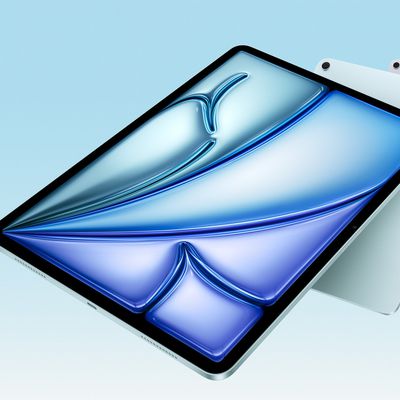It would be more financially viable for Apple to absorb a 25% import tariff on iPhones sold in the United States than to relocate its assembly operations to the U.S., Apple analyst Ming-Chi Kuo today said.

Kuo, a respected analyst with a long track record of accurate forecasts about Apple's supply chain, made the statement on X (formerly Twitter) in response to renewed pressure from former President Donald Trump for Apple to shift iPhone production to the United States. The comment follows President Trump's threat to impose a 25% tariff on all iPhones not assembled domestically.
In terms of profitability, it's way better for Apple to take the hit of a 25% tariff on iPhones sold in the US market than to move iPhone assembly lines back to [the] US.
The analysis alludes to the scale and complexity of Apple's current manufacturing infrastructure, which is deeply rooted in Asia — particularly China and, increasingly, India. Apple relies on an extensive network of suppliers and contract manufacturers such as Foxconn and Pegatron, all of which operate large-scale facilities tailored specifically to Apple's production requirements. These partnerships are supported by decades of logistical refinement and allow Apple to produce iPhones at a volume and cost efficiency that would be difficult, if not impossible, to replicate in the United States under current conditions.
The U.S. plays a relatively limited role in the physical assembly of iPhones, despite being one of Apple's most critical markets. While some components, such as glass from Corning, are American in origin, final iPhone assembly occurs almost entirely overseas. Moving this process stateside would require multibillion-dollar investments in infrastructure, labor, and training, with no guarantee of replicating the scale, cost structure, or speed of existing operations in Asia.
Apple reportedly plans to shift a majority of iPhone production for the U.S. market to India by 2026. According to Bloomberg, Apple intends to source more than 60 million iPhones annually from Indian factories over the next two years. Foxconn, Apple's primary assembly partner, is currently investing $1.5 billion in new manufacturing infrastructure in India. President Trump posted on Truth Social earlier today:
I have long ago informed Tim Cook of Apple that I expect their iPhones that will be sold in the United States of America will be manufactured and built in the United States, not India, or anyplace else. If that is not the case, a Tariff of at least 25% must be paid by Apple to the U.S. Thank your [sic] for your attention to this matter!
Such a tariff would be unprecedented in scope and could lead to a significant increase in retail prices for iPhones sold in the United States. Wedbush Securities recently estimated that shifting iPhone production to the United States could increase the per-unit cost of an iPhone to approximately $3,500.
With the U.S. iPhone user base estimated at over 120 million and annual U.S. iPhone shipments exceeding 60 million units, even a 25% tariff would represent a smaller financial burden than the capital expenditures and operational challenges required to replicate its Asian supply chain in America. Apple's shares fell 3% in pre-market trading following the President's comments.
Note: Due to the political or social nature of the discussion regarding this topic, the discussion thread is located in our Political News forum. All forum members and site visitors are welcome to read and follow the thread, but posting is limited to forum members with at least 100 posts.



















